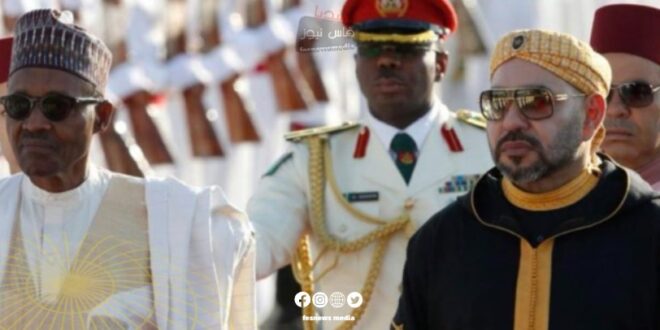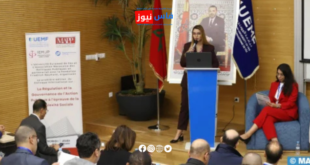In a significant development for West Africa’s energy infrastructure, the framework agreement for the ambitious Nigeria-Morocco gas pipeline project is set to be signed before the end of 2024. This massive project, described as a win-win initiative for the entire West African region, promises to reshape the energy landscape and boost economic growth across multiple countries.
Project Overview:
The Nigeria-Morocco gas pipeline, extending an estimated 5,660 kilometers, is poised to become one of the world’s longest gas pipelines. This transnational project aims to connect Nigeria’s vast natural gas resources with Morocco, traversing several West African countries along its route.
Key Project Phases:
The pipeline will be constructed in three strategic phases:
- Nigeria to Ghana section
- Morocco to Senegal section
- Connecting the northern and southern sections
Economic and Strategic Implications:
The project carries significant economic and strategic implications for West Africa:
- Enhancing energy security
- Stimulating industrial development and job creation
- Strengthening cooperation among West African nations
- Opening possibilities for gas exports to European markets
Beneficiary Countries:
The project is expected to benefit up to 13 West African countries, including Nigeria, Benin, Togo, Ghana, Côte d’Ivoire, Liberia, Sierra Leone, Guinea, Guinea-Bissau, Gambia, Senegal, Mauritania, and Morocco.
Timeline and Investment:
- Framework Agreement Signing: Expected before the end of 2024
- Estimated Project Cost: $25 billion
- Projected Completion: 2045
Strategic Vision:
The project aligns with King Mohammed VI’s vision for Atlantic African development and cooperation, representing a cornerstone in strengthening South-South cooperation.
Potential Impact on Regional Stability:
The project is viewed as a strategic initiative that could contribute to regional stability through creating economic opportunities, improving access to energy, and enhancing cross-border cooperation.
Environmental Considerations:
While natural gas is considered a cleaner alternative to coal and oil, the project raises important environmental considerations that require careful assessment.
Challenges and Opportunities:
The project faces challenges related to security, financing, technical complexities, and regulatory coordination, but these also present opportunities for innovation, skill development, and regional cooperation.
International Implications:
The potential to supply gas to Europe adds an international dimension to the project, strengthening Africa’s position in global energy markets.
Conclusion:
The Nigeria-Morocco gas pipeline represents a transformative initiative for West Africa’s energy sector and economic landscape. As the framework agreement signing approaches, anticipation builds for this project that promises to enhance energy security, stimulate economic growth, and foster regional integration.
 فاس نيوز ميديا جريدة الكترونية جهوية تعنى بشؤون و أخبار جهة فاس مكناس – متجددة على مدار الساعة
فاس نيوز ميديا جريدة الكترونية جهوية تعنى بشؤون و أخبار جهة فاس مكناس – متجددة على مدار الساعة













